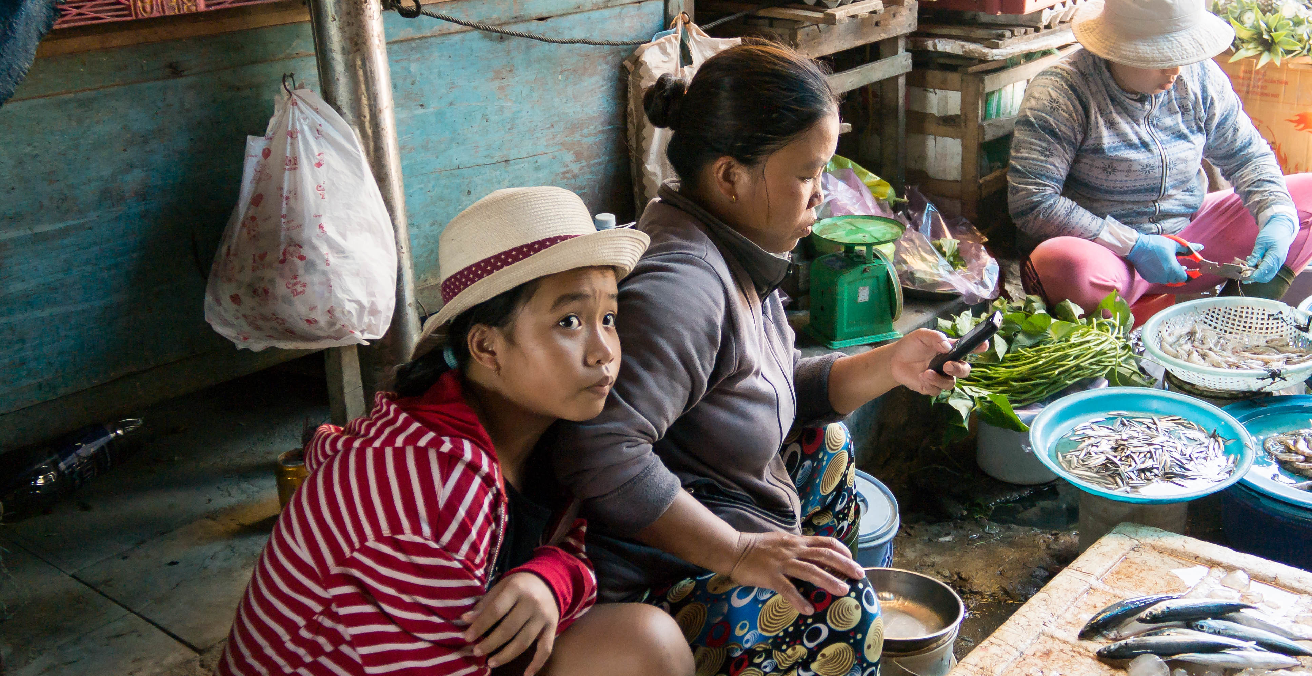Could Vietnam Lead the Way for a COVID-19 Gender-Inclusive Economic Recovery?

Vietnam’s management of the COVID-19 pandemic was highly effective. If Vietnam includes more gender experts in its COVID-19 economic recovery, it could emerge as a leader for gender equality in the region.
By now, it has been well-established that women are bearing the socio-economic brunt of COVID-19, with some even dubbing the economic fallout from the pandemic a “shecession.” Vietnam has emerged as a leader in its virus containment strategy, viewed as a roadmap for other developing countries. With its prior success record, Vietnam could be well-placed to lead the regional, gender-inclusive economic recovery too, starting with female-led small- and medium-sized enterprises (SMEs), companies with no more than 200 employees that do not exceed VND100 billion (AUD 5.5 million) of capital.
The administration utilised a whole-of society public health response to limit the rapid spread of COVID-19, including virus communications being spread through mass media, government websites, and public grassroots organisations, posters in hospitals, residential areas, and offices, and via text messages. To date, they have reported a low 2,448 total cases and just 35 deaths. This containment strategy has allowed Vietnam to be economically well-positioned in relation to the broader world, being one of the few countries expected to see growth in 2021.
With conditions like these, the country should construct a socio-economic response and recovery sooner than its neighbours and become a leader in actioning commitments to the UN Sustainable Development Goals, including SDG 5 – Gender Equality and Women’s Empowerment. SMEs make up 98 percent of all active enterprises in Vietnam, responsible for employing 60 percent of the total labour force and contributing to 50 percent of GDP. With 25 percent of these owned by Vietnam’s women, they are an obvious starting point to consider when developing an accelerated inclusive economic recovery.
Studies done during the global financial crisis showed that with an increase in the share of women-owned firms, regional economic stability tends to increase, with women less likely to lay off workers and more likely to experience stability. Due to the structural inequities facing women in business regionally, women-led startups tend to be more careful with the resources available to them and adopt optimised investment, delivering as much as the dollar invested, generating 10 percent more cumulative revenue over a five-year period than male-led startups. Vietnam’s female-owned SMEs especially are recognised for their ability to offer profitable returns without taking undue risks and their focus on long-term goals, meaning they would be an asset to any long-term COVID-19 economic recovery for Vietnam.
While Vietnam did do well in controlling the spread of the virus with support from gender experts – including The Plan for the Response of the Novel Coronavirus Pneumonia’s specific recommendation of the mobilisation of bodies such as the Viet Nam Women’s Union – there are no gender-specific economic policy responses yet.
Vietnam is an outperformer for women-led entrepreneurship – with women as likely as men to lead businesses – and it ranks 19th in the Mastercard Women Entrepreneur Index out of 54 countries. In recent years, the business environment in Vietnam further improved for women in light of government initiatives geared towards supporting start-ups and provisions on special support for women-owned SMEs included in a new SME Support Law that came into effect in January 2018.
Even still, Vietnam’s SMEs were particularly vulnerable and hard hit during COVID-19 – even by regional standards – due to their difficulties in absorbing shocks to supply chains and to customer revenue. This was particularly the case in sectors where women dominate – including export-oriented garment and textile manufacturing, as well as tourism, hospitality, and retail. Women-run SMEs in Vietnam were less resilient than male-run ones, due to structural constraints that include lower access to financial services, assets, and ICT, amongst others. These gaps are expected to grow following the COVID-19 pandemic, so they need urgent attention.
Compounding all this, the pandemic also brought an increase in unpaid caring duties and domestic housework for women, who do an average of 35 hours per week of housework, compared to 21 hours for Vietnam’s men. This translates to female entrepreneurs having decreased availability of time to work.
Policy proposals, such as the one from the Vietnam Chamber of Commerce, for economic stimulus packages so far do not include specific gender provisions. Some recommendations suggest it is pointless to help businesses unlikely to survive COVID-19. The danger of this is that it overlooks the intersecting constraints on Vietnam’s female-led firms, where responsiveness to their specific needs from banks could actually unleash their full market potential for economic recovery. As one report found, if banks were more attuned to women’s specific needs and treated them as distinct segments of the SME landscape, their access to bank loans could be as high as 60 percent, compared to the 30 percent standing now.
Vietnam needs to include gender-experts in its COVID-19 economic recovery response plan, otherwise it risks missing out on the opportunity for women-led SMEs to contribute. If it makes the right moves now, it could add to its list of COVID-19 leadership successes and provide a gender-responsive economic blueprint for the region.
Serena Ford is a Research Assistant at the Coral Bell School of Asia Pacific Affairs and a Project Officer at the Crawford School of Public Policy based at the Australian National University.
This article is published under a Creative Commons License and may be republished with attribution.





